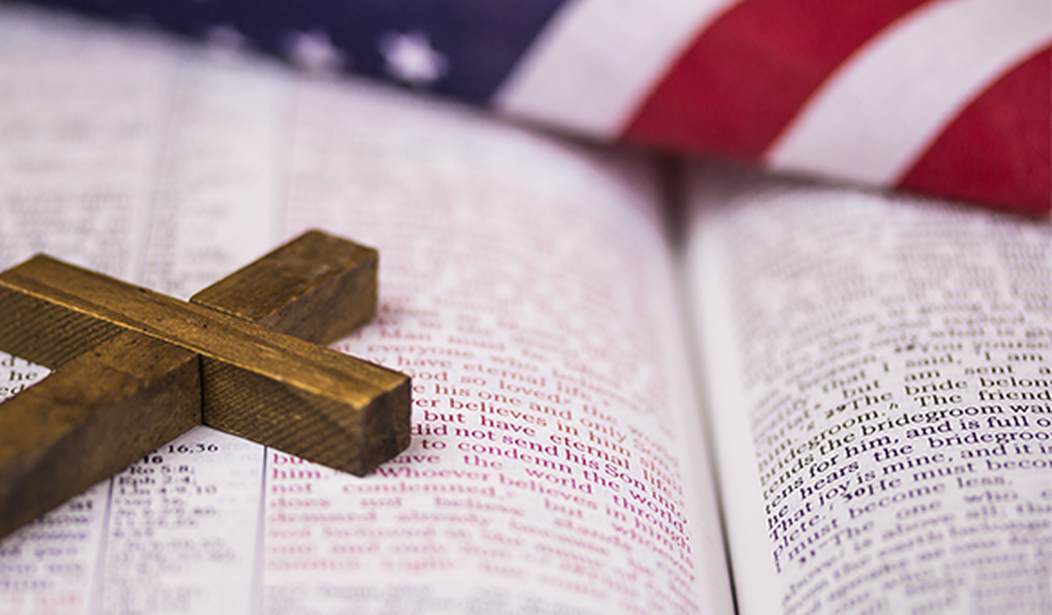Author’s Note: Interested readers can find all previous volumes in this series here.
Today’s study explores a set of extremely controversial passages, Isaiah 52:13 – 53:12 — found in the Old Testament, also referred to as the Hebrew Bible. The Book of Isaiah is influential and prophetic, with 66 chapters written by its namesake around 700 BC (or 700 BCE if you are trying to be politically-correct.)
Isaiah also has the distinction of being the Old Testament book that Jesus quoted from second most frequently during his earthly ministry. (The Book of Psalms was first.) But please don’t ask what New Testament books Jesus quoted from most often because that is a trick question.
The controversial passages, known by their shorthand name “Isaiah 53,” is sometimes referred to as the "Forbidden Chapter" since it is omitted from regular synagogue readings. Therefore, most Jewish worshippers are unfamiliar with its message by design.
And what is Isaiah 53’s “banished message” written approximately 700 years before the birth of Christ? Hint: My NIV Study Bible (among the most popular) titles the passages: “The Suffering and Glory of the Servant.”
NIV’s title aptly captures Isaiah’s description of the servant. One whose suffering and glory unmistakably mirrors Jesus Christ as recorded in the New Testament Gospels — Matthew, Mark, Luke, and John — all written between AD 50-80 or 50-80 CE. (CE means Common Era, beginning with the birth of Jesus. The term is now widely used, replacing the traditional AD (Anno Domini) Latin for “In the year of our Lord,” but again, let’s not go there.)
Instead, let’s read what’s in the “Forbidden Chapter.” (And, having been born a Jew who later became a believer in the Divinity of Jesus, the “forbidden” content makes it one of my favorite Old Testament passages.)
Recommended
Isaiah wrote in 52:14 – “… his appearance was so disfigured beyond that of any human being and his form marred beyond human likeness… ” (How Jesus looked after his torture and crucifixion.)
53:2 – “He grew up before him like a tender shoot, and like a root out of dry ground. He had no beauty or majesty to attract us to him, nothing in his appearance that we should desire him.” (Jesus came from humble beginnings, was not royal or handsome.)
53:3 – “He was despised and rejected by mankind, a man of suffering, and familiar with pain. Like one from whom people hide their faces he was despised, and we held him in low esteem.” (Jesus was rejected by his people who turned him over to the Romans for crucifixion.)
53: 4-5 – “Surely he took up our pain and bore our suffering, yet we considered him punished by God, stricken by him, and afflicted. But he was pierced for our transgressions, he was crushed for our iniquities; the punishment that brought us peace was on him, and by his wounds we are healed.” (Christians of all denominations believe that Christ took on our sins for our salvation.)
53:6-7 – “We all, like sheep, have gone astray, each of us has turned to our own way; and the Lord has laid on him the iniquity of us all. He was oppressed and afflicted, yet he did not open his mouth; he was led like a lamb to the slaughter, and as a sheep before its shearers is silent, so he did not open his mouth as on him, and by his wounds we are healed.” (Jesus did not defend himself and was mocked for remaining silent. Christians believe that Christ suffered and died for our sake.)
53:9 – “He was assigned a grave with the wicked, and with the rich in his death, though he had done no violence, nor was any deceit in his mouth.” (After Jesus died on the cross, he was destined for a criminals’ mass grave. But instead, a “rich” man named Joseph of Arimathea asked Roman governor Pontius Pilate for Jesus’ body to be interred in Joseph’s own tomb.
53:11 – “After he has suffered, he will see the light of life and be satisfied; by his knowledge my righteous servant will justify many, and he will bear their iniquities.” (Writing, “after he has suffered, he will see the light of life” was Isaiah prophesizing that after death, Jesus would be resurrected? Christians know that Jesus was resurrected and is the light of the world.)
However, you must decide for yourself if Isaiah, the great Hebrew prophet, is describing a future rabbi named Yeshua — later anglicized as Jesus.
Alternatively, Jewish rabbis and scholars widely interpret Isaiah 53’s “suffering servant” as the nation of Israel. Moreover, the organization Jews for Judaism (a name mocking the long-established Jewish evangelism group, Jews for Jesus) offers the following defense in a quote from "Isaiah 53 Explained":
“In Chapters 52 - 54, the prophet is referring to the gentile nations who have tormented and inflicted pain and suffering on the Jewish people. It is THESE nations who will be astounded and shocked to see that God has saved us from their persecution and returned us to our home, Israel: and, that ultimately, God will vindicate us for our suffering The same promises appear in the Book of Ezekiel 36:6-9 & 15 and in Jeremiah 30:8-13.”
Given that explanation which ignores Jesus — whom I believe the prophet Isaiah was clearly describing — means that my people are still waiting for their Messiah. And they will wait and wait and wait.
Thanks for reading, and as always, I look forward to your comments.
























Join the conversation as a VIP Member